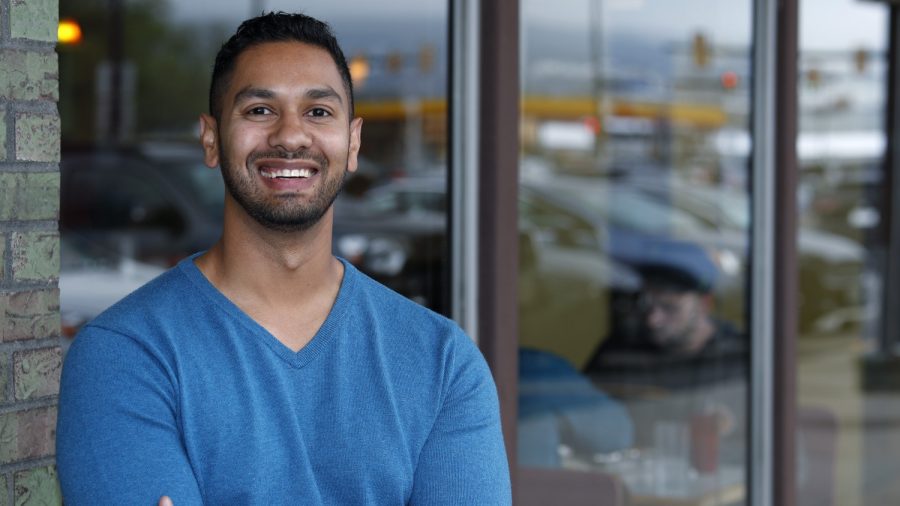For telling her tenant to find an “American person” to sublet rather than a Muslim family, a Denver landlord now has to pay a $675,000 court settlement.
Rashad Khan never expected that he would be judged because of his last name and the color of his skin when he and his father were looking for a place to expand their business—a fast-casual Indian restaurant that had already enjoyed popularity in Boulder, Colorado.
Their eyes were set on 9th and Corona in Denver in the Bohemian neighborhood of Capitol Hill, surrounded by homes, coffee shops, and grocery stores.
The Khans’ financial records and family recipe made an impression on Craig Caldwell, who set up the subleasing offer after running a fried chicken restaurant at the location himself. It was perfect timing for both parties, as Caldwell had decided to move on from the fried chicken business and needed someone to cover the remnants of his five-year-lease.
But after weeks of waiting, Caldwell still had not obtained approval from the property owner, Katina Gatchis, who had the final say on any changes to the lease agreement. Caldwell was shocked when he heard the landlord blaming Khan’s Muslim faith as the reason she did not want to go ahead with the proposed arrangement.
“American person!” Gatchis said in a recording that The Associated Press obtained from Caldwell’s attorneys. “American person…[g]ood like you and me.”
“So if I get anybody, as long as it’s not a Muslim, I would be okay?” Caldwell asked. “Yes” was the reply from Gatchis.
“They bring all the Muslims from the Middle East, and then I have a problem around here, bam boom, bam boom,” Gatchis said in a later conversation.
Caldwell recorded these exchanges using a voice recording app on his phone. It’s legal to record a phone conversation in Colorado if at least one party consents.
“I didn’t believe it, and I didn’t think anybody would believe me,” said the 71-year-old Caucasian Caldwell, explaining his decision to record the conversation.
After weeks of failed attempts to persuade Gatchis, Caldwell and the Khans brought the matter to the district court.
“My dad and I just wanted to know that there’s justice, that she can’t do this,” Khan, 36, told The Associated Press.
“I was angry, I was disappointed. I started to have a little bit of self-doubt. It kind of creeps into your mind: Who else is thinking these things? Is she the only one?” Khan said.

In a court document filed in March, attorneys for Gatchis said she admitted to making the statements “and that the recordings are accurate.” They reached a settlement in April.
Khan, an American citizen born in the UK, moved the United States at the age of 11. His family later settled in Boulder where he earned his Bachelor’s degree at the University of Colorado Boulder.
Of the ordeal, he said that he was appreciative of the support from customers and friends throughout the dispute. He said they would keep looking for a new spot in Denver for their second Curry N Kebob.
“I wish it didn’t have to come to this. Honestly, I just wish I was selling curry down the street right now. That would been [sic] the ideal situation but this reaffirms my faith in my country, in Denver, and where we live,” Khan told KCNC.
According to its most recent annual report by the Civil Rights Commission in Colorado, the commission received 96 complaints of discrimination based on religion and 432 complaints based on race during the last fiscal year.
With reporting by The Associated Press

